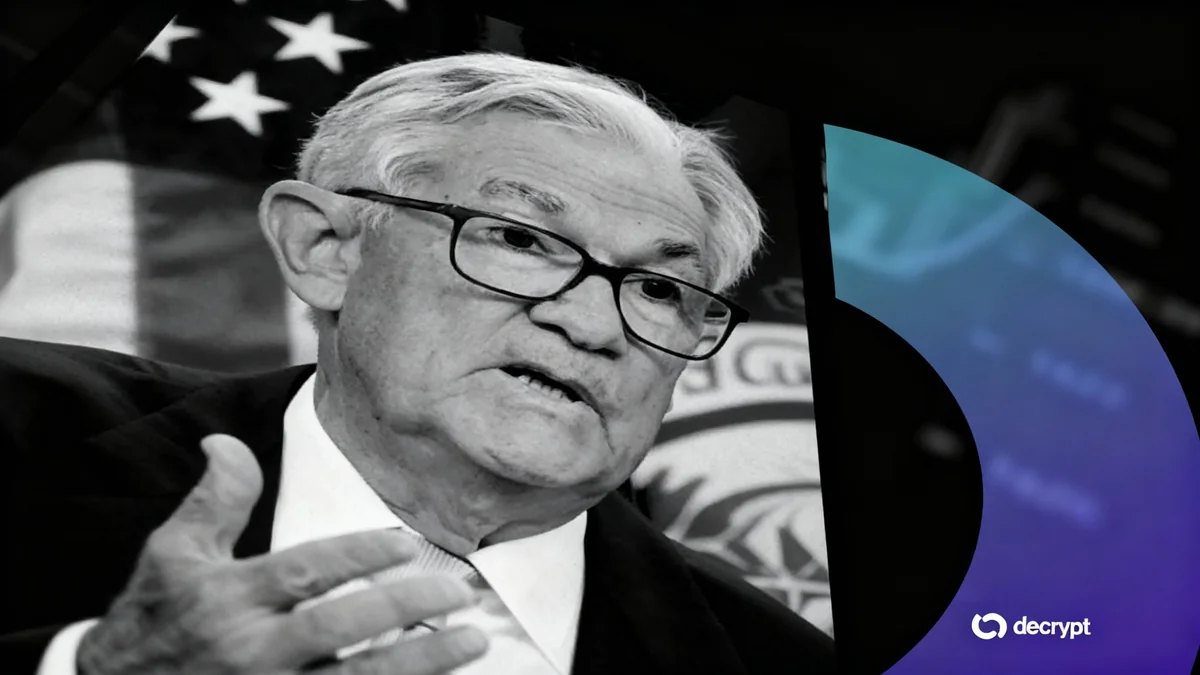Law enforcement agencies and financial regulators across the globe are escalating their efforts to police the cryptocurrency market, resulting in dozens of arrests, significant asset seizures, and landmark legal decisions. From a coordinated operation in Africa to a high-tech wallet crack in Australia, authorities are demonstrating new capabilities to combat illicit crypto activities.
Simultaneously, governments are advancing their own digital currency projects while courts and regulators are setting firm boundaries for crypto firms attempting to integrate with traditional financial systems. These parallel developments signal a new era of heightened scrutiny for the digital asset industry.
Key Takeaways
- A joint Interpol and Afripol operation in Africa resulted in 83 arrests related to terrorist financing and cybercrime, flagging $260 million in illicit funds.
- Australian Federal Police successfully accessed a locked crypto wallet containing over $6 million belonging to an alleged criminal.
- A U.S. federal court ruled against crypto bank Custodia, affirming the Federal Reserve's right to deny it access to the central banking system.
- The European Central Bank is fast-tracking its plans for a digital euro, with a potential rollout targeted for 2029.
- Romania's gambling regulator has blacklisted the popular prediction market Polymarket for operating without a license.
Law Enforcement Operations Target Illicit Funds
International and national police forces have recently showcased significant progress in tracking and seizing digital assets linked to criminal enterprises. A major operation in Africa highlighted the growing focus on disrupting terrorist financing networks that use cryptocurrency.
Coordinated Raids Across Africa
A landmark joint effort between Interpol and Afripol, dubbed "Operation Catalyst," has led to the arrests of 83 individuals across several African nations. The operation targeted sophisticated networks involved in cybercrime and the financing of terrorist activities.
Authorities have so far flagged approximately $260 million in illicitly obtained assets, a mix of cryptocurrency and traditional fiat currency. While the investigation is ongoing, officials confirmed that $600,000 of these funds have already been seized. The operation underscores a global commitment to preventing digital currencies from becoming safe havens for criminal financing.
Australian Police Break Into $6 Million Crypto Stash
The Australian Federal Police (AFP) revealed a major breakthrough in a domestic case. A data scientist within the agency's Criminal Assets Confiscation Taskforce managed to unlock a hardware wallet containing AU$9 million (approximately $6 million USD).
AFP Commissioner Krissy Barrett explained during a National Press Club address that the agency was close to losing access to the funds permanently. The successful crack represents a significant advancement in law enforcement's technical ability to overcome the security measures of crypto wallets used in criminal activities.
Regulatory and Legal Hurdles Mount for Crypto Firms
While police focus on illicit use, regulatory bodies and courts are defining the legal landscape for legitimate crypto businesses, often creating significant challenges for the industry. Recent rulings in the United States and Europe have clarified the authority of traditional financial gatekeepers.
US Court Sides with Federal Reserve Over Crypto Bank
In a blow to the crypto banking sector, a federal appeals court in Denver has denied Custodia Bank's attempt to force the U.S. Federal Reserve to grant it a master account. Such an account is essential for banks to directly access the Federal Reserve's payment systems.
The three-judge panel upheld a lower court's decision, affirming that the central bank retains the discretion to deny applications, even from technically eligible institutions. The Federal Reserve had previously argued that Custodia's business model presented unique risks, and the court's decision reinforces the Fed's authority to gatekeep access to the core U.S. financial infrastructure.
Romania Blacklists Prediction Market
In Europe, Romania’s National Office for Gambling (ONJN) has taken a firm stance against the prediction market Polymarket. The regulator added the platform to its blacklist of unauthorized websites, effectively banning it in the country.
"The decision to include Polymarket on the blacklist is not related to technology, but to the law. Regardless of whether you bet in lei or crypto, if you bet money on a future event, that is gambling that must be licensed." - Vlad-Cristian Soare, ONJN President
The move illustrates how national regulators are applying existing laws, such as those governing gambling, to new blockchain-based applications, regardless of the underlying technology.
Governments Push Forward with State-Backed Digital Currencies
As authorities clamp down on decentralized cryptocurrencies, many are simultaneously accelerating the development of their own centralized digital currencies, known as CBDCs.
The Digital Euro Project Accelerates
The European Central Bank (ECB) is moving into the final stages of preparation for a potential digital euro. ECB President Christine Lagarde confirmed that the Governing Council is advancing the project following a directive from the European Council to speed up the process.
The proposed timeline for the digital euro is ambitious and follows a structured plan:
- 2026: European Parliament expected to pass the necessary regulatory framework.
- 2027: A pilot program for the digital euro will be launched.
- 2029: If the pilot is successful, a formal rollout across the Eurozone is planned.
This initiative represents a major step by one of the world's largest economic blocs to create a state-controlled alternative to private cryptocurrencies, aiming to maintain monetary sovereignty in an increasingly digital world.
The combined actions from law enforcement, courts, and central banks paint a clear picture: the era of unregulated crypto is drawing to a close. Governments globally are establishing a two-pronged strategy of strict enforcement against illicit use and the development of state-sanctioned digital financial systems.





